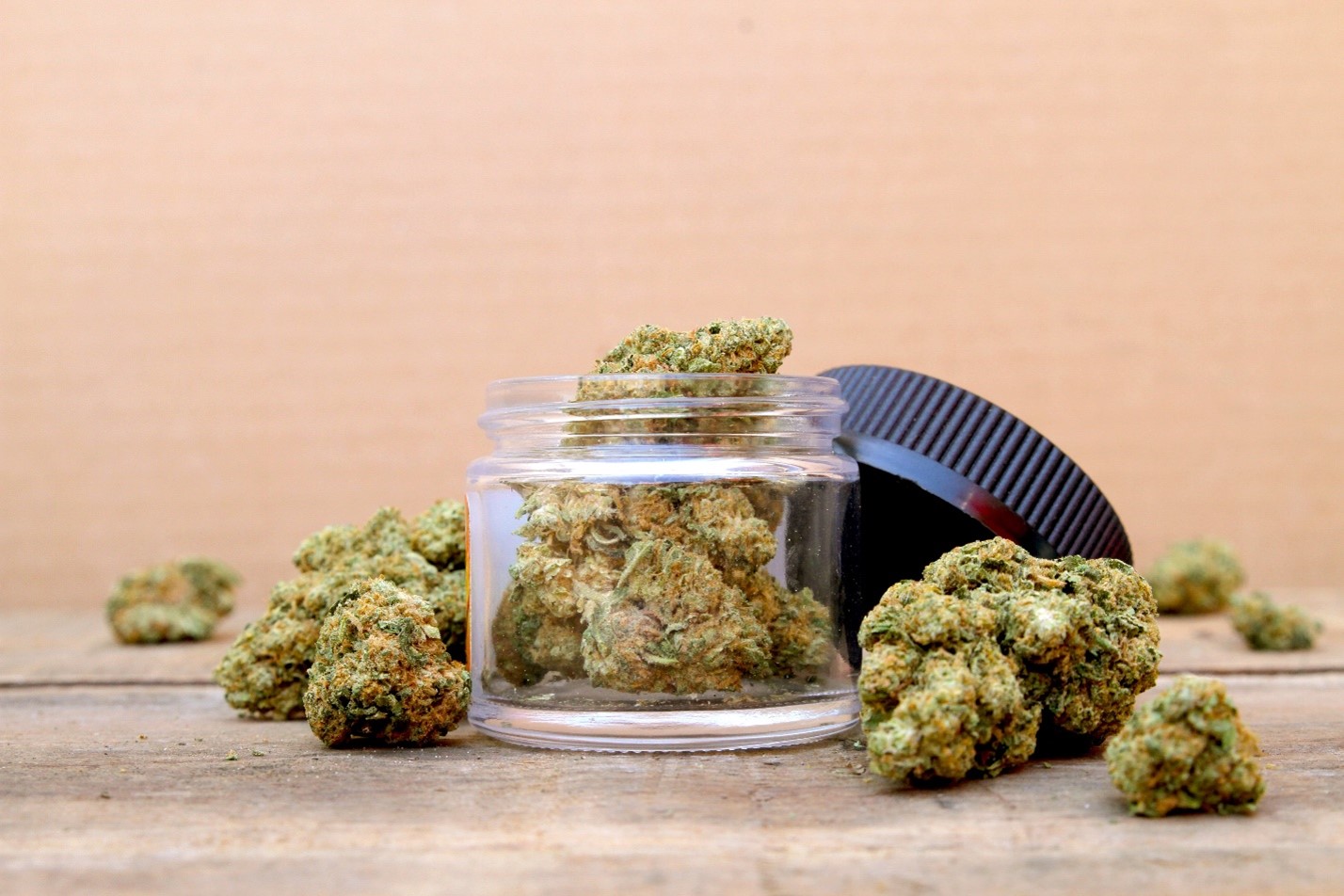The conversation around marijuana use and its enforcement has undergone a significant transformation over the past few decades. Increasingly, experts and advocates are challenging the punitive measures historically used to address marijuana use, arguing that public health solutions offer a far more effective and equitable approach. The criminalization of marijuana has led to countless arrests and convictions, with initiatives like the Daniel Fung Arrest Blog serving as focal points in broader discussions about the unintended consequences of outdated drug policies. Shifting the framework from punishment to health is critical for addressing not only individual well-being but also societal disparities.
The Ineffectiveness of Arrest-Based Approaches
Historically, marijuana use has been framed as a criminal issue, leading to widespread arrests and prosecutions. These enforcement strategies have often failed to achieve their intended goals of reducing use and protecting public safety. Instead, they have created significant social and economic costs, including the burden of incarceration, legal fees, and the long-term consequences of a criminal record.
Arrest-based approaches have also disproportionately targeted marginalized communities, with Black and Latino individuals arrested for marijuana offenses at far higher rates than their white counterparts, despite similar rates of use. This disparity has contributed to systemic inequalities, perpetuating cycles of poverty and limiting opportunities for those affected.
Rather than reducing marijuana use, punitive measures often exacerbate the problem by stigmatizing individuals and deterring them from seeking help or support. This approach treats substance use as a moral failing rather than a complex health issue, ignoring the underlying factors that contribute to use, such as stress, mental health challenges, or lack of access to resources.
The Case for Public Health Solutions
Public health approaches to marijuana use focus on prevention, education, and treatment rather than punishment. By addressing the root causes of substance use and providing support to individuals, these strategies are more effective at reducing harm and promoting long-term well-being.
Education is a cornerstone of public health efforts. Comprehensive, evidence-based education programs empower individuals to make informed decisions about marijuana use, emphasizing the potential risks and consequences without resorting to fear-based tactics. These programs are particularly effective when tailored to specific audiences, such as youth or individuals in high-stress environments, where substance use may be more prevalent.
Treatment and support services also play a critical role in public health approaches. For individuals who experience dependency or adverse effects from marijuana use, access to counseling, peer support groups, and medical care can make a significant difference. By providing these resources, public health initiatives reduce the stigma associated with seeking help and create pathways for recovery and resilience.
Economic and Social Benefits of Public Health Approaches
Investing in public health solutions for marijuana use offers substantial economic and social benefits. Enforcement-based strategies are costly, requiring significant resources for policing, court proceedings, and incarceration. Redirecting these funds toward prevention, education, and treatment programs can yield better outcomes while reducing the strain on the criminal justice system.
Moreover, public health approaches help to alleviate the long-term economic consequences of marijuana criminalization. Individuals with marijuana-related convictions often face barriers to employment, housing, and education, which can perpetuate cycles of poverty and inequality. By decriminalizing marijuana use and focusing on public health, policymakers can remove these barriers and create opportunities for individuals to rebuild their lives.
The social benefits of public health approaches are equally significant. By treating marijuana use as a health issue rather than a criminal one, society can foster greater empathy and understanding, reducing stigma and promoting inclusivity. This shift in perspective also paves the way for broader discussions about drug policy and its impact on marginalized communities, creating opportunities for systemic reform.
Lessons from Global Examples
Countries that have adopted public health approaches to drug use offer valuable lessons for the United States. Portugal, for example, decriminalized all drugs in 2001 and shifted its focus to prevention and treatment. This policy change has resulted in significant reductions in drug-related deaths, HIV infection rates, and overall drug use.
While marijuana-specific policies vary globally, the success of public health approaches in addressing substance use highlights their potential for reducing harm and improving outcomes. These examples demonstrate that decriminalization and public health solutions are not only effective but also sustainable in the long term.
The Path Forward
As attitudes toward marijuana continue to evolve, it is essential to prioritize public health solutions over punitive measures. Policymakers, advocates, and community leaders must work together to create policies that emphasize education, prevention, and treatment while addressing the systemic inequities perpetuated by criminalization.
Efforts to implement public health approaches should also include provisions for expunging past marijuana-related convictions, ensuring that individuals affected by outdated policies can move forward without the burden of a criminal record. By addressing both past harms and future needs, public health solutions can create a more equitable and just society.
Final Thoughts
The shift from punitive measures to public health solutions for addressing marijuana use represents a critical step toward creating a more effective and equitable approach to drug policy. Cases like the Daniel Fung arrest highlight the broader societal consequences of outdated enforcement strategies, emphasizing the need for change.
By investing in education, prevention, and treatment, society can reduce harm, address systemic inequities, and promote the well-being of individuals and communities. Ultimately, public health approaches offer a path forward that prioritizes compassion, understanding, and long-term solutions over punishment.
